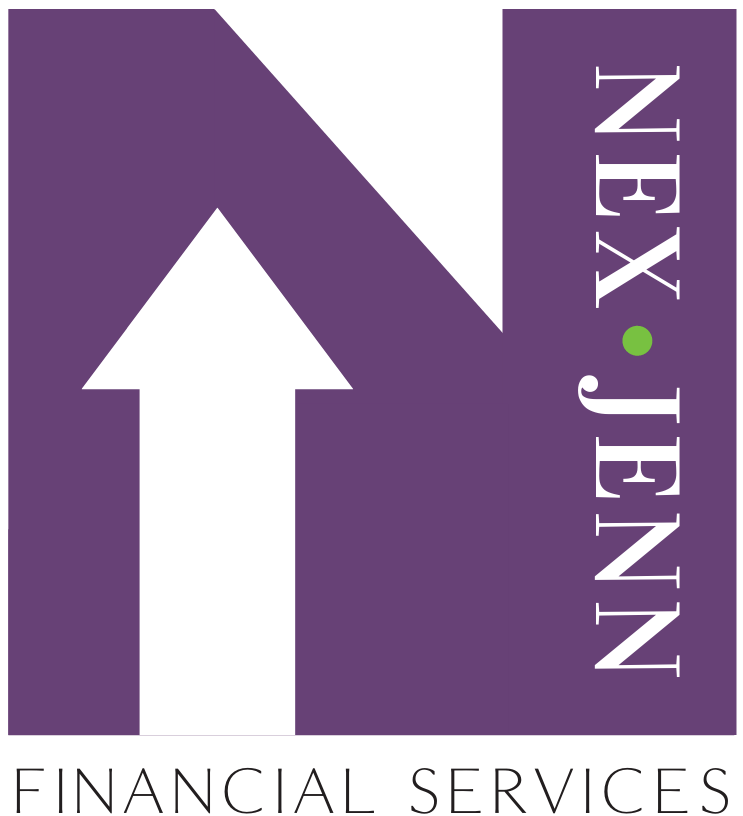
Estimated Read Time: 3 minutes
One silver lining in the current bear market is that this could be an excellent time to convert assets from a traditional IRA to a Roth IRA. Converted assets are subject to federal income tax in the year of conversion, which could rack up a substantial tax bill. However, if assets in your traditional IRA have lost value, you will pay taxes on a lower asset base when you convert. If all conditions are met, the Roth account will incur no further income tax liability for you or your designated beneficiaries, no matter how much growth the account experiences.
The key takeaways from this blog are:
● Tax trade-off
● Lower values, more shares
● Holding requirements
● Is a Roth conversion right for you?
● Better required minimum distribution (RMD) rules
Tax trade-off
The logic behind deferring taxes on retirement savings is that you may be in a lower tax bracket when you retire. So, a current tax deduction might be more appealing than tax-free income during retirement. However, lower rates set by the Tax Cuts and Jobs Act (set to expire after 2025) may have changed that calculation for you. A cost-benefit analysis could be beneficial to help determine whether it makes sense to pay taxes on some of your IRA assets now rather than later. One strategy is to “fill your tax bracket,” meaning you would convert a specific asset value to stay in the same tax bracket. This requires projecting your income for 2022.
Lower values, more shares
As long as your traditional and Roth IRAs are with the same provider, it is relatively easy to transfer shares from one account to the other. This means that when share prices are lower, you could convert more shares for each taxable dollar and, in turn, have more shares in your Roth account to pursue tax-free growth. Of course, there is also a risk that the converted assets can go down in value. You may have the option to take taxes directly out of your converted assets, but this is generally not something a financial planner would advise.
Holding requirements
Roth accounts are subject to two different five-year holding requirements:
- Withdrawal of earnings: For a tax-free and penalty-free withdrawal of earnings, including earnings on converted amounts, a Roth account must meet a five-year holding period beginning January 1 of the year your first Roth account was opened. Also, the withdrawal must happen after age 59½ or meet an IRS exception. If you have had a Roth IRA for some time, this may not be an issue, but it could come into play if you open a new Roth IRA.
- Conversions: Assets converted to a Roth IRA can be withdrawn free of ordinary income tax at any time because you have already paid taxes at the time of the conversion. However, a 10% penalty may apply if you withdraw the assets before the end of a different five-year period, which begins January 1 of the year of each conversion, unless you are age 59½ or meet another exception.
Is a Roth conversion right for you?
Use the flowchart to help determine if initiating a Roth conversion is right for you:

Better required minimum distribution (RMD) rules
Unlike a traditional IRA, Roth IRAs are not subject to required minimum distribution (RMD) rules during the original owner’s lifetime. The same applies to spouse beneficiaries of a Roth IRA during their lifetime. Any other non-spouse beneficiaries inheriting a Roth IRA would be subject to the RMD rules. In any case, Roth distributions would be tax-free. The longer your investments have to pursue growth, the more advantageous it may be for you and your beneficiaries to have tax-free income.
All investing involves risk, including the possible loss of principal, and there is no guarantee that any investment strategy will be successful. That being said, Roth conversions can be very beneficial in the long run and are definitely worth considering.
